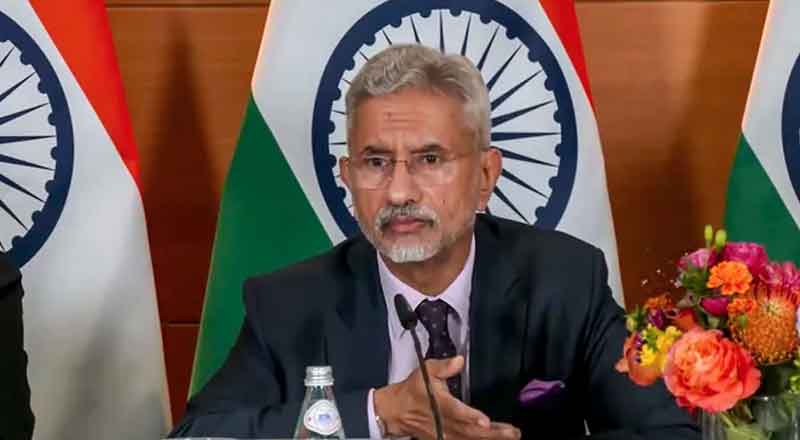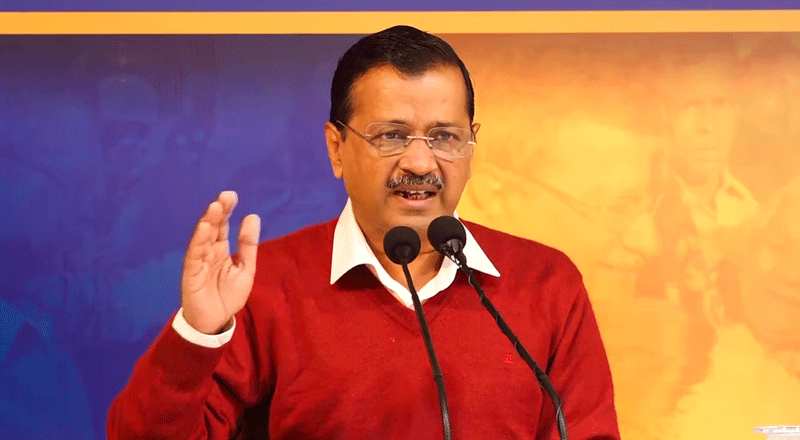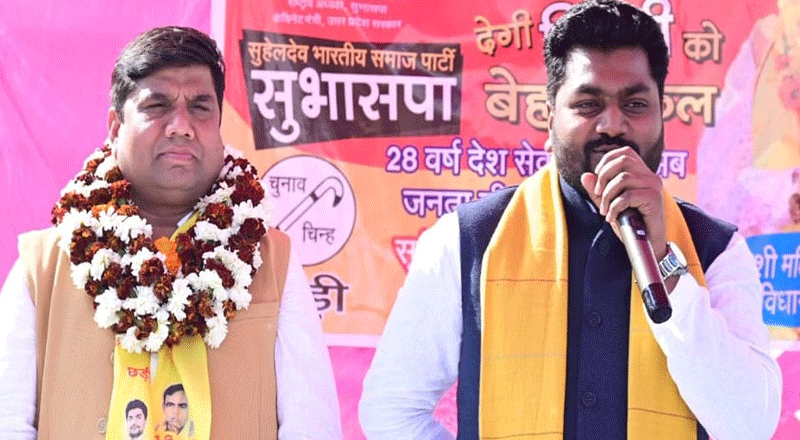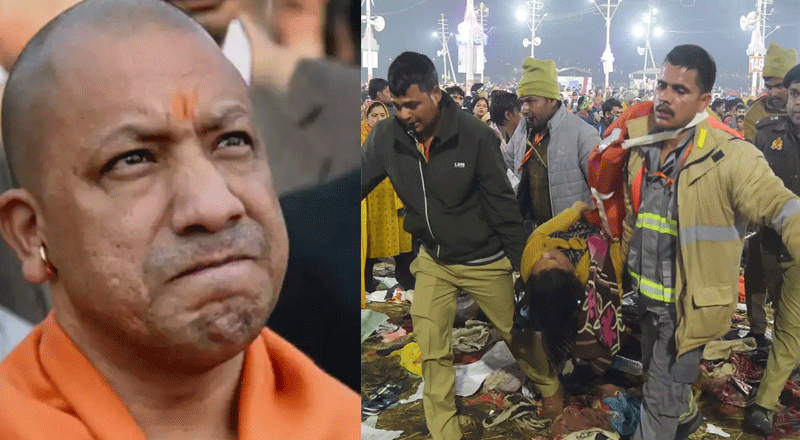In the face of escalating violence in Gaza, India has publicly called for an immediate ceasefire, underscoring its longstanding support for a two-state solution to the Israeli-Palestinian conflict. Indian External Affairs Minister S. Jaishankar voiced this stance during his meeting with Saudi Foreign Minister Prince Faisal bin Farhan Al Saud, underlining India’s commitment to peace and humanitarian considerations in the region. This high-level dialogue, held under the framework of the Strategic Partnership Council (SPC), also aimed to strengthen India-Saudi ties across sectors such as trade, defense, and culture. Through these discussions, both nations highlighted their shared vision for regional stability and economic progress.
Deepening India-Saudi Relations Amidst Regional Tensions
Jaishankar’s meeting with Al Saud took place at the second Committee on Political, Security, Social, and Cultural Cooperation (PSSC) session, demonstrating a commitment to advancing the strategic partnership between India and Saudi Arabia. The External Affairs Minister praised Saudi Arabia’s influence as a stabilizing force in West Asia, emphasizing the importance of Saudi-Indian cooperation in preserving regional peace.
The discussions highlighted that India’s approach to foreign policy remains balanced and principled, especially in light of the current West Asian crisis. According to Jaishankar, both nations share a vested interest in maintaining stability in the region, and the continuous engagement between them is critical in this context.
India’s Stance on the Gaza Conflict: A Call for Ceasefire and Humanitarian Consideration
The conflict in Gaza has captured global attention, and Jaishankar made India’s position on the matter clear. Expressing deep concern over the loss of civilian lives, he called for an early ceasefire, stressing that all actions should respect international humanitarian law. While firmly condemning terrorism and hostage-taking, he emphasized India’s dedication to a peaceful resolution of the Palestinian issue through a two-state solution.
This consistent and principled stance reflects India’s enduring support for Palestine, with Jaishankar also highlighting India’s contribution to building Palestinian institutions and infrastructure. His remarks resonate with India’s long-standing foreign policy of promoting peace and stability, especially in conflict-ridden regions.
A Comprehensive Partnership: Vision 2030 and Viksit Bharat 2047
The India-Saudi partnership, while anchored in political and security concerns, extends across several domains, including trade, energy, technology, and culture. Saudi Arabia’s Vision 2030 and India’s Viksit Bharat 2047 initiatives have opened new avenues for cooperation, with both countries exploring synergies in renewable energy, connectivity, health, and education.
Jaishankar expressed enthusiasm about deepening ties in these critical sectors, particularly highlighting advancements in energy and technology. He pointed to collaboration in green hydrogen and other renewable energies as a future-forward step that could meet both nations’ energy needs sustainably. This economic and technological collaboration is seen as pivotal for both countries, with trade and investment solidifying the foundation of their bilateral relations.
Expanding Defense and Security Cooperation
The partnership has also seen significant growth in defense and security cooperation. Over recent years, India and Saudi Arabia have engaged in various joint military exercises, including the first-ever land forces exercise in 2024 and two editions of joint naval exercises. These military engagements have expanded into areas of defense industry and exports, enhancing both nations’ security infrastructure.
Security cooperation has also grown to include counter-terrorism, combating extremism, and addressing issues such as drug trafficking and terror financing. This alignment reflects both countries’ commitment to confronting security challenges collaboratively, which is essential for the stability of the broader region.
Promoting Cultural and Social Exchanges
Beyond strategic and economic objectives, India and Saudi Arabia aim to foster cultural and social ties. Jaishankar noted the importance of cultural exchanges, particularly through initiatives in media, tourism, and youth engagement. With a 2.6 million-strong Indian community in Saudi Arabia, cultural diplomacy plays a central role in reinforcing the social connections that have been pivotal to this enduring relationship.
The ministers also discussed collaboration on global issues through forums like the G20 and BRICS, along with regional projects like the India-Middle East-Europe Economic Corridor (IMEEC). These dialogues underscore the importance of multilateralism and cooperative frameworks in addressing shared challenges and achieving mutual goals.
A Shared Vision for Peace and Prosperity
The meeting between India’s S. Jaishankar and Saudi Arabia’s Prince Faisal bin Farhan Al Saud marked another step toward realizing a shared vision for a stable and prosperous West Asia. With a united call for peace in Gaza and a reaffirmed commitment to a two-state solution, India’s approach reflects its broader diplomatic values of peace, partnership, and pragmatic cooperation. As India and Saudi Arabia strengthen their strategic ties across diverse sectors, they are not only solidifying their own bilateral relationship but also setting an example of cooperation that can contribute to regional stability in an increasingly volatile world.
(With inputs from agencies)





